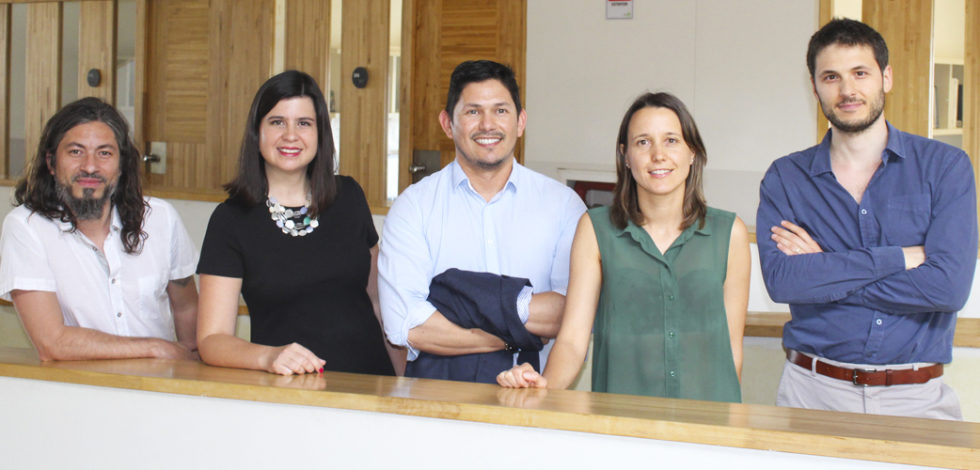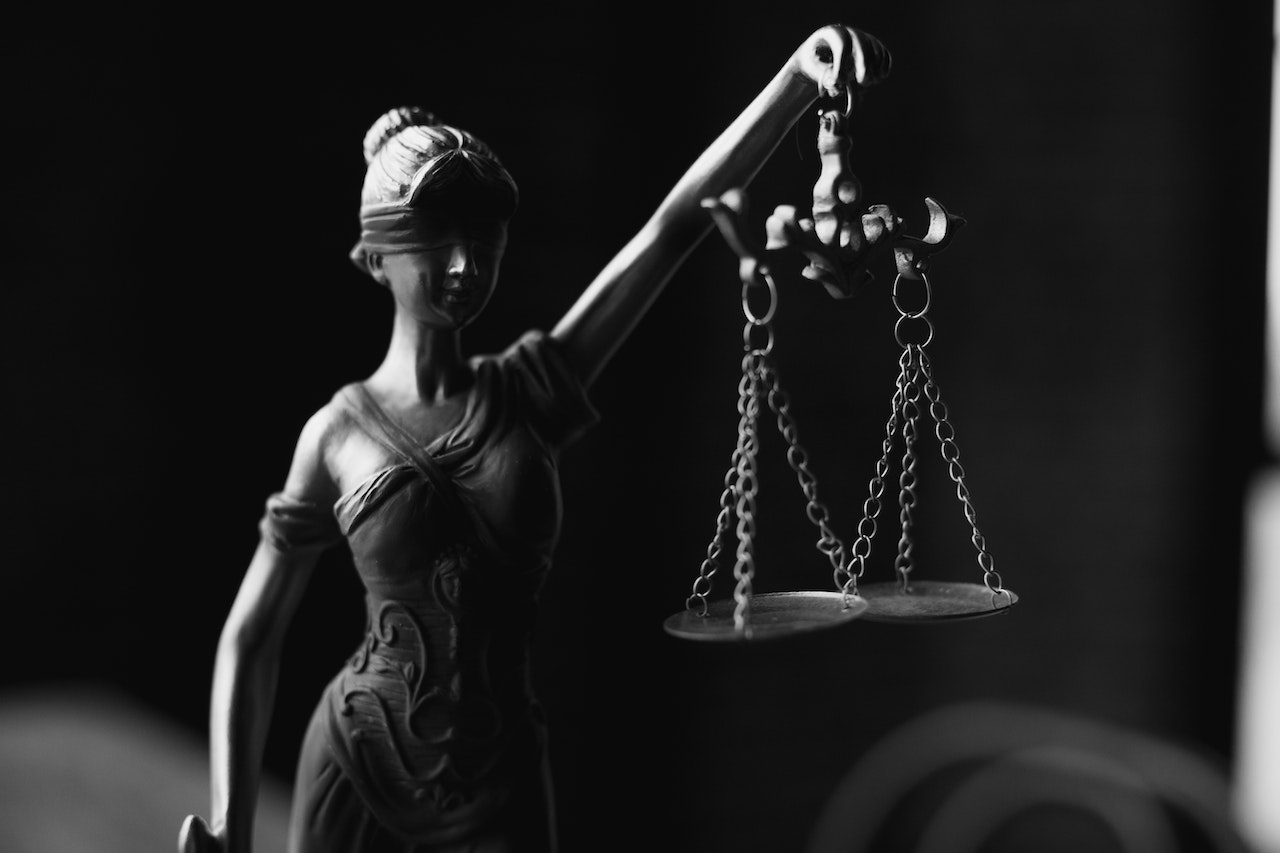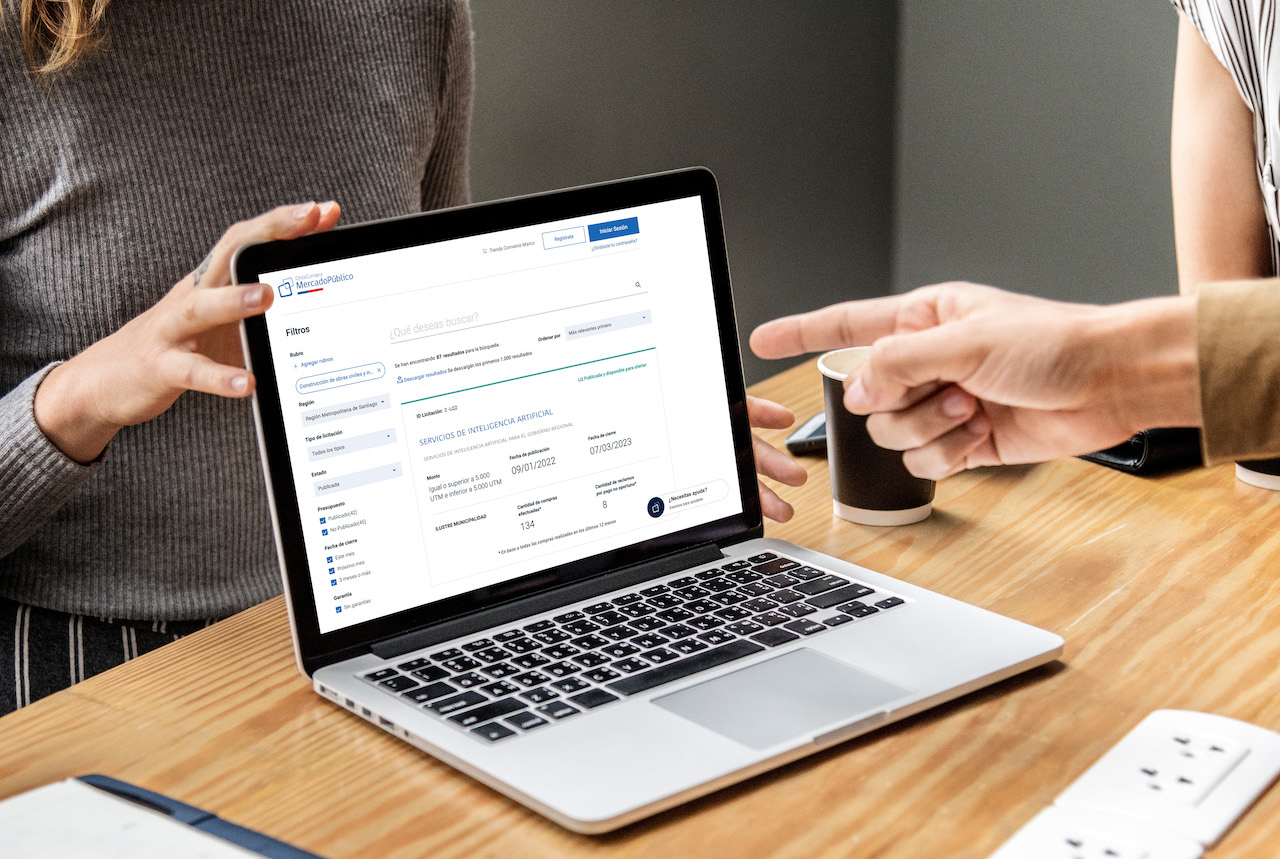
Our University and the David Rockefeller Center for Latin American Studies at Harvard University have a collaborative agreement.

UAI researchers receive funds from the Harvard Study Center
November 23, 2018
Our University and the David Rockefeller Center for Latin American Studies at Harvard University have a collaborative research fund agreement with the objective of promoting knowledge development. These funds are allocated annually for a period of three years. The main objective of the Program is to strengthen the connections between the UAI and Harvard through innovative research projects in all disciplines, including the areas of technology, design, humanities, science, engineering, health, public policies, business, and education.
Thanks to this program the committee granted a scholarship to the following projects:
- Crowd Law Research Project: Technologies for civic engagement
- UAI researcher: Luis Santana, Mayra Feddersen and María Paz Hermosilla.
- Cross-media Studies: An Approach on ethical and aesthetical insights on the forms of violence in the Chilean school system through the study of translation processes between cross-media platform materialities
- UAI Researcher: Pedro Moscoso Flores.
- Dark Matter and the shape of galaxies
- UAI Researcher: Gianni Tallarita.
Crowd Law Research Project: Technologies for civic engagement
This project seeks to investigate the different forms of citizen participation that exist in the legislative process in Chile. The objective is to analyze when and how citizen participation, using different strategies of collective intelligence, can improve the legislative process and the quality of laws.
This project is coordinated by the GobLab UAI as part of its line of research on collective intelligence for better public policies. Professors Santana and Feddersen are associate researchers of the laboratory and though GobLab will support the research by conducting quantitative analysis of the data. This coordination reflects the way they see public innovation, multidisciplinary, and bringing together techniques and tools of communication, technology, law, and public administration.
María Paz Hermosilla, Director of GobLab, points out that in this case “our counterpart at Harvard is Professor Archun Fong, from the Kennedy School of Government. He is an expert in participation and deliberation in democratic governance. We will also work with Victoria Alsina, a fellow of the Ash Center for Democratic Governance and Innovation, who specializes in Crowdlaw, the practice of using technology to open parliaments, governments, and public institutions to collective intelligence at each stage of lawmaking and public policies, to improve the quality, effectiveness, and legitimacy of said laws and policies ”.
Cross-media Studies
Professor Pedro Moscoso’s study fits within the line of critical studies associated with a cross-media methodology. The research hypothesis lies in the search for new formulas to address the forms of student expression considering the emergence of new and different types of violence in educational contexts. “We believe that it is possible to reinterpret these new forms of violence as ways of expressing a fracture present between new cultural demands and institutional educational spaces, which have been overcome in terms of their possibilities of responding to the demands of a society characterized by permanent mutations, ”says Moscoso.
In addition, he concludes that “the alliance between the UAI and Harvard is entirely relevant since it allows us to open up spaces for collaboration and dialogue aimed at solving issues that refer to the local reality from a global perspective.”
Dark Matter and the shape of galaxies
Professor Gianni Tallarita’s research tries to find the shapes of galaxies given the distribution of dark matter in which they are found. Using computer calculations you can simulate the form of matter that composes the galaxies and the dark matter at the same time, being in gravitational equilibrium.
For Professor Gianni Tallarita, this UAI-Harvard alliance “is very favorable given that it gives UAI academics the opportunity to collaborate with academics of the highest possible quality. This implies a great formation process for us. ”



